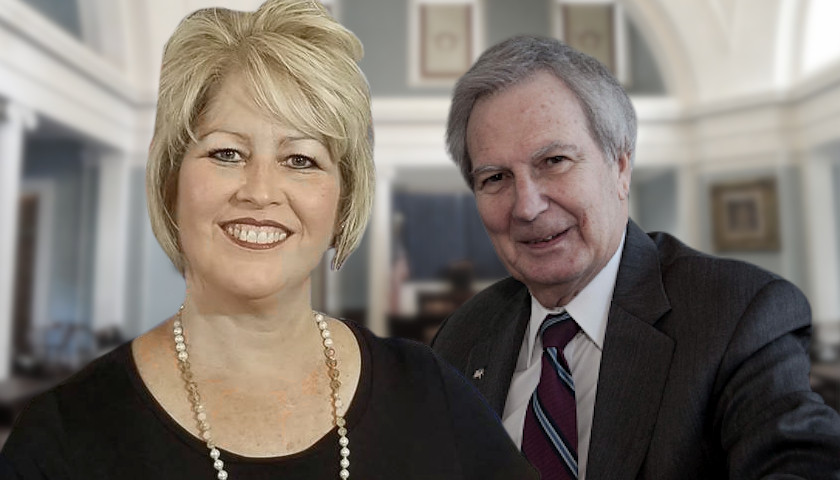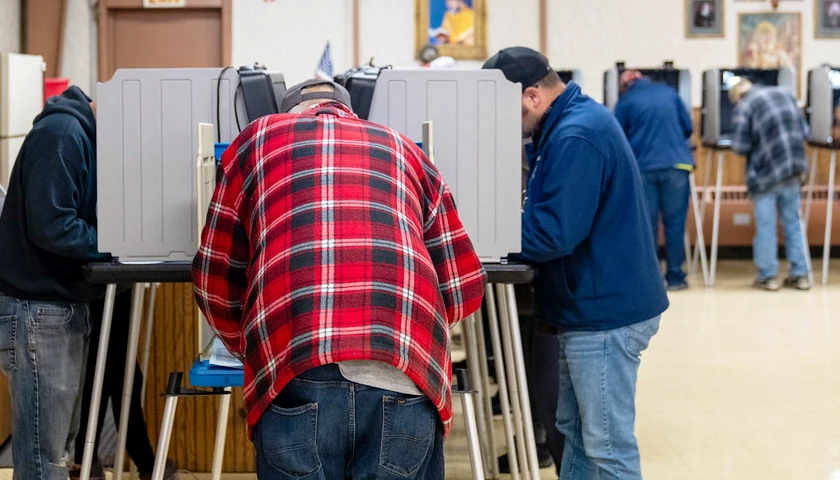The passing of Walter Jones (R-NC-03) has left some big shoes to fill for whoever runs for the seat.
On Jan. 2nd, Jones had stated that he would not be running again in 2020 and later that month it was announced he had entered into Hospice care. Jones has apparently been battling with an undisclosed illness.
“Congressman Jones was a man of the people,” said the statement released by his office.
Jones, who spent fourteen years representing North Carolina’s 3rd Congressional district, was well-liked by his constituency and won his races by large margins when challenged.
The 3rd Congressional is considered a solid ‘red’ or safe Republican district, but in the current political climate that could change. His successor will have a lot to live up to and likely a very crowded battle to fight.
So far, the rumor mill in Raleigh has potentially a dozen or so Republicans jockeying to run for the seat.
North Carolina Republican Party’s Vice Chairwoman Michele Nix was one of the first names to pop up and, in fact, she is running.
Nix filed her statement of candidacy for the North Carolina 3rd Congressional seat with the Federal Election Commission (FEC) last Friday under the name “Michele Nix Committee, Inc.”
Candidates who have run for the 3rd Congressional in the past have been rumored to be eyeing the seat once again. Scott Dacey and Phil Law primaried Jones in 2018. Taylor Griffin primaried Jones twice, in 2014 and 2016.
Current legislators being talked about for the seat include Senator Harry Brown (R-Onslow) and his House counterpart, Representative Phil Shepard (R-Onslow). Senator Bob Steinburg (R-Chowan) and Representative Greg Murphy (R-Pitt) are also names being speculated on.
Rumors aside, so far only two legislators that have actually confirmed they will be running for the Walter Jones seat include Representatives Michael Speciale (R-Craven) and Phil Shepherd (R-Onslow). As of this article, neither of the paid had filed paperwork with the FEC.
Before candidates can really get their engines running, Governor Roy Cooper still has to sign a writ of election as required by state law.
Basically, a writ of election sets the dates for everything that has to happen right up until election day. The writ includes when the candidates may file to run, the primary dates and the date of the actual election.
– – –
A.P. Dillon is the North Carolina Bureau Chief for The Tennesee Star and a reporter at Battleground State News. Follow A.P. Dillon on Twitter. Email Tips to [email protected].
Photo “Michele Nix” by Michele Nix. Photo “Walter Jones” by Walter Jones.





